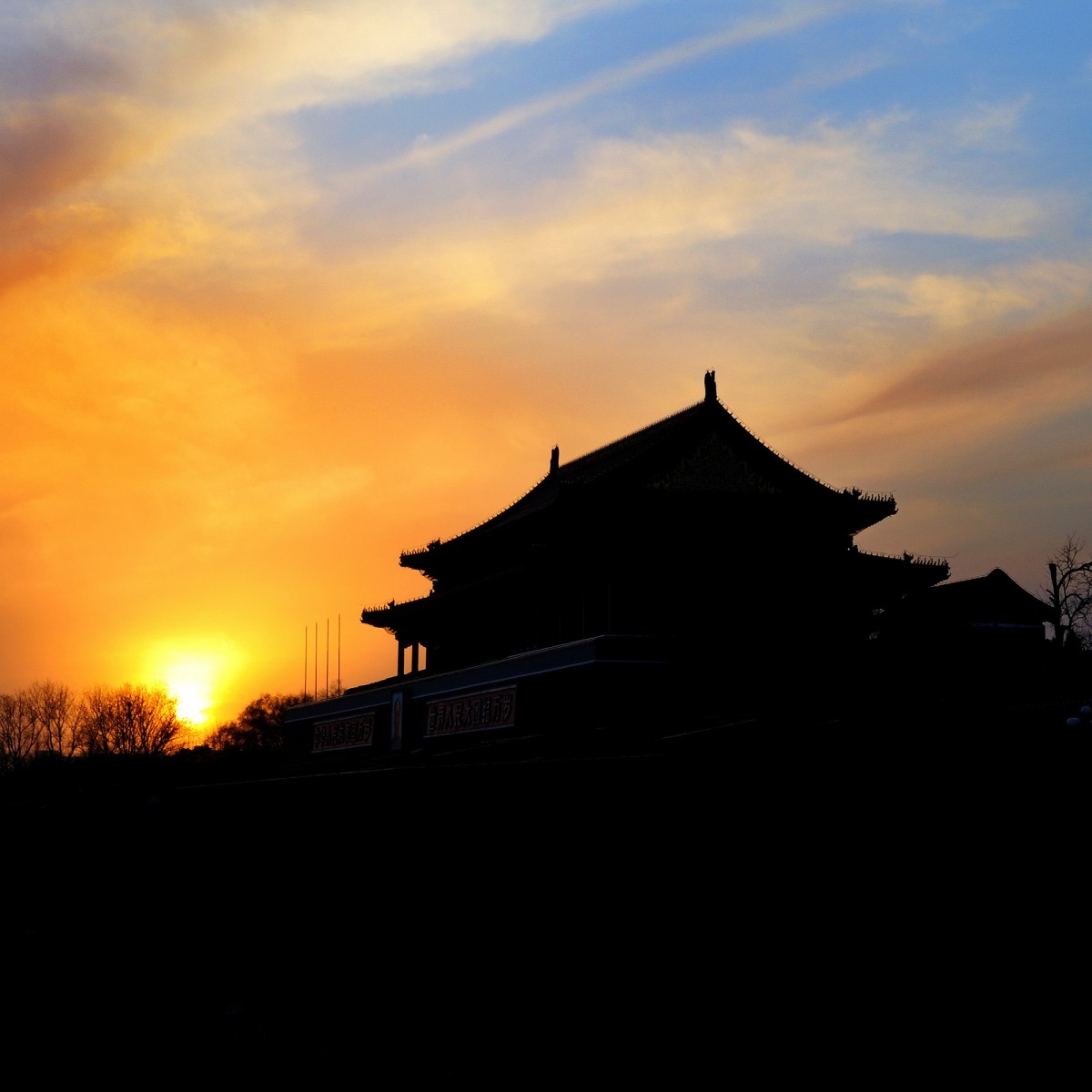An increasing number of countries are imposing a state of emergency and announcing quarantine measures in connection with the novel coronavirus (COVID-19). Simultaneously with the Coronavirus epidemic, there are serious changes in the world economy occuring which threaten to bring down the global market. After the coronavirus pandemic, the world will no longer be the same. But what will it be like? There is no unequivocal answer to that question. Let us consider one of the most plausible alternatives.
Re-emergence of Westphalia
“Self-isolation” and “quarantine”: these are the two words that best describe the state of international relations now. Not only are the healthy isolated from the sick, people also staying at home, each state prefering to save itself.
The Coronavirus brings to the fore the mechanisms of national sovereignty. Each state introduces a state of emergency on its own territory. Integration mechanisms do not work: neither in the case of the EU, nor the the Eurasian Economic Union (EAEU). The UN as a global structure is also out of the question. The World Health Organization issues recommendations, but it is far from coordinating the fight against coronavirus on a global scale.
The only conclusion from the current pandemic is that globalization cannot cope with real threats to humanity, but only exacerbates them making our world more fragile. For the majority of people living in the West now, there is only one conclusion: only the nation state can do something to protect its citizens from disaster, all supranational structures are a fiction. As a result, there is a serious crisis of supranational structures and perhaps even some strengthening of the weakened Westphalian model of national sovereignty.
At the same time, against the background of increased authoritarian measures, the emergence of troops to the streets of countries in Europe will cause a reassessment of liberalism and the liberal model of development.
The Chinese way
The Chinese model of socio-economic relations, on the other hand, has proved to be effective. Having defeated the epidemic, China has become an exporter of social technologies and medicines and has sent doctors to the affected countries. A recent statement by Serbian President Aleksandar Vucic was indicative. He declared that European Solidarity does not exist, and said that it was China and not the EU, who decided to help Serbia.
A new world is emerging from this crisis.
Serbian President: "European solidarity does not exist. That was a fairy tale. The only country that can help us in this hard situation is the People's Republic of China. For the rest of them, thanks for nothing." pic.twitter.com/KUGqa1eNug
— Ajit Singh (@ajitxsingh) March 16, 2020
Respect for the strength and capacity of the Chinese state and the organization of Chinese society has increased all over the world. As a result, one should expect both nationalist and socialist sentiment to grow, especially since China’s authoritarian system is both national in content and socialist in form. The National Audit Office, state property and medicine for all will become benchmarks for the development of other countries.
At the very beginning of the epidemic, the Western media tried to connect the problems of disease and orientation towards China as much as possible in the mass consciousness, provoking a growth of Sinophobia. US President Donald Trump continues to do so today, calling the coronavirus a “Chinese virus,” even though there is evidence that the US may have been the source of the disease.
Cuomo wants “all states to be treated the same.” But all states aren’t the same. Some are being hit hard by the Chinese Virus, some are being hit practically not at all. New York is a very big “hotspot”, West Virginia has, thus far, zero cases. Andrew, keep politics out of it….
— Donald J. Trump (@realDonaldTrump) March 17, 2020
The American and wider Anglo-Saxon system of values, where the maximum “each for himself”, is the bottom-line, is unlikely to pass the quarantine and epidemic test.
China was the first to face an economic crisis against the backdrop of the coronavirus, but it survived. The predicted decline of the world economy will affect financial bubbles first of all, but China will end up in relatively better condition. Falling oil prices are also on China’s side.
Thus, from 2020, we should expect the beginning of a new era, when China will become not just a world economic center, but a center of values. Those who behave like China will survive.
A new world, a new century
However, China will also have to change in order to adapt to the new world. China will withstand the coming economic crisis, but it is unlikely that the closure of many important industries will pass without a trace. Both the epidemic and the measures taken to stop it will result in a growing desire for autarchy, i.e. self-sufficiency. So integration associations and ‘large spaces’ will get a new chance. In this way, China will have to invest more in the development of production and infrastructure outside its borders if it wants to maintain its leadership status.
As economies recover from the coronavirus, The Belt and Road Initiative will be more in demand. In a call with the Italian foreign minister in February, the Chinese foreign minister had expressed his hope that their “joint fight against the outbreak” would catalyze a “Silk Road” of health care. So for example the American the Hill newspaper expects that “a health ‘Silk Road’ to promote the exchange of knowledge and replicate the Chinese health model in Belt and Road Initiative countries” will be invigorated, noting that similar initiatives were proposed by the WHO earlier.

















Leave a Reply